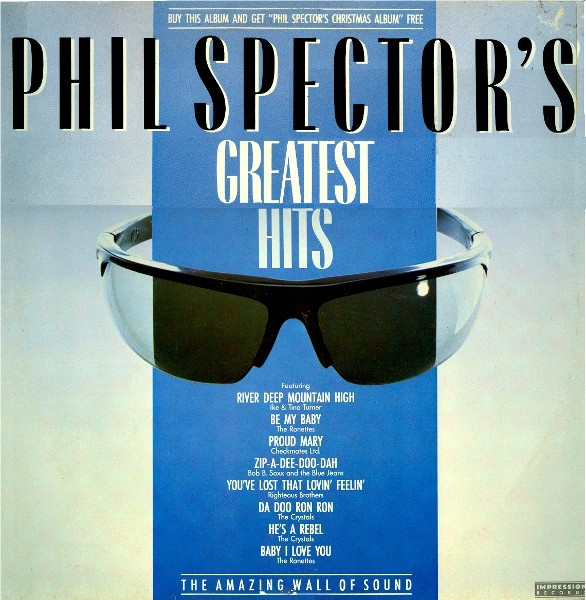Queen: The Works - 1984
After two decidedly below-par albums in 1980's The Game and 1982's Hot Space, Queen hit back, hard.
Recording in the USA for the first time, they revisited their rock roots but managed to merge it with contemporary radio-friendly "pop"-dance sounds. It was 1984, so the airwaves and recording studios were awash with synthesisers and programmed synth drums. Why, even The Rolling Stones were at it. Where Queen dismally failed on Hot Space, they got it just right on this impressive album.
Music media reaction was much more positive than it had been for Hot Space and Queen's renaissance, that would end with their being "national treasures", began right here. For many fans, this was their first experience of Queen. Their fandom dates back to here, really. After all, it had been nine years since Bohemian Rhapsody. People who were only ten then were now nineteen, approaching their music fan prime.
Tear It Up was a Brian May-inspired slab of convincing hard rock, with May himself on vocals, while It's A Hard Life was a classic Mercury rock ballad with an addictive hook, as always. From a tuneful piano-led intro it breaks out into a big powerful pop-rock ballad. Its muscular riffs are as mightily notable as Freddie's vocal is contrastingly gentle and just as memorable in places. I loved it in concert sometimes when Freddie would sing "it's a bloody hard life!" in that distinctive way of his. Oh, and there's a stonking May guitar solo mid-song.
Mercury returned to his beloved rockabilly for the upbeat, toe-tapping Man On The Prowl and Machines (Or Back To Humans), which was a successful attempt at experimental sounds mixed with some genuine funk. They finally got it right on this strangely appealing effort. Some great Brian May guitar at the end of it.
The melodic, harmonious rock of Mercury's Keep Passing The Open Windows is a forgotten but underrated track. Listening to it now I hear things in it I had completely forgotten about. It is not bad at all.
Now, thank the Lord above - Queen in their purest rock form, my favourite persona of the band, are back, and how! A powerful Brian May riff introduces the tour de force of rock that is Hammer To Fall. Mercury's vocal is peerless and a year later the band would storm Live Aid with this. Queen at their very best, in my view. I can never get enough of the song.
Finally, the album ends with Mercury and May's beautifully sad ballad concerning the contemporary news of poverty and starvation in Africa, Is This The World We Created?, sung as an encore in their Live Aid set.
A more than convincing album here after around seven years of patchy material.
Queen phase two now truly begins.
Non-album track
The 'b' side to Radio Ga Ga was I Go Crazy, a solid, riffy rocker that surely would have fitted in fine on to the album. It rocks breathlessly from beginning to end. Mercury is on great form vocally. The sound on it is a bit tinny, however.











